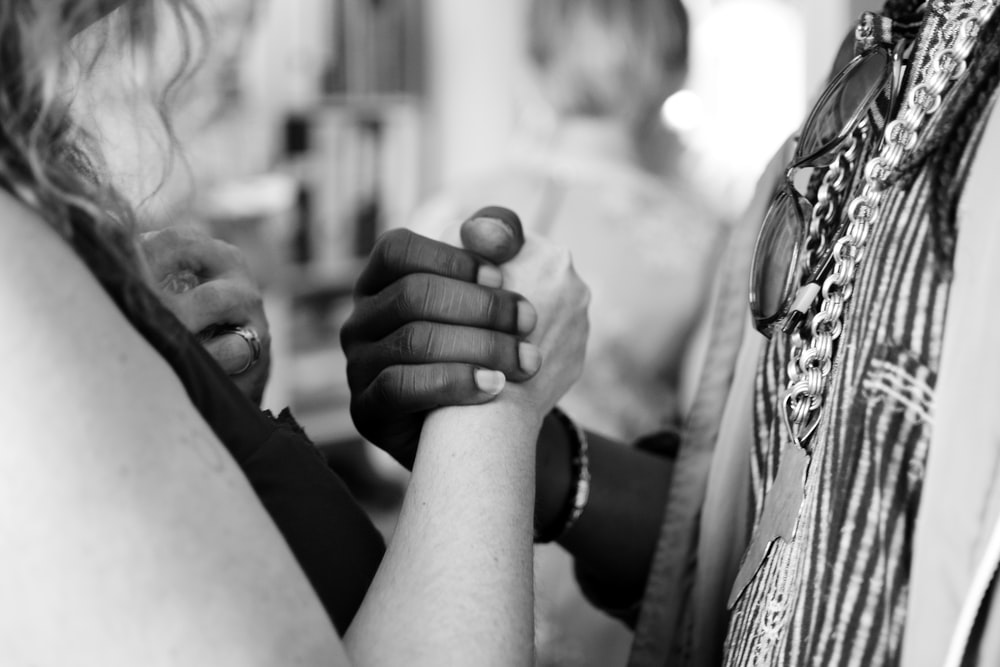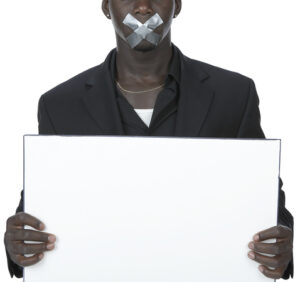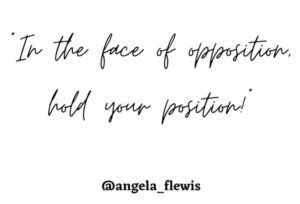Humanity and The Lost Art of Respect

Even during a pandemic, one can find a couple outdoor dining with cellphones placed neatly beside the utensils. It is a dining convenience, ready for use during any second of silence. It is a new reality where holiday visits are replaced with holiday group texts, loyalty is measured by the immensity of likes on social media and rumors become an instant reality with the click of a share button. An unseen veil of groupthink has the ability to deem you “dead” in the virtual world of relevance, in accordance with the cancel culture. This leaves little room for engaging conversations of opposing views, mutual learning and an exchanging of ideas, thoughts and emotions without fear and restraint.
These observations go way beyond and much deeper than the societal impact of social media and technology. It is a symptom of a greater issue of reality detachment that ultimately ends with the lost art of respect.
If our humanity is rooted in our ability to connect and socialize with each other, then what happens when isolation and distraction becomes the necessary wall between our human connection and surviving a pandemic? The truth is that this wall, combined with additional stressors has led to increased cases of people suffering depression and anxiety. With over 10% of teens and 6.7% of the U.S. adult population suffering with depression, according to the National Institute of Mental Health (NIMH), it is yet another symptom of a hurting humanity.
In response to a hurting humanity, instant relief comes in the form of entertainment and distraction. It can easily become a form of therapy, until it evolves into a habit. That habit evolves into an addiction, easily becoming a lifestyle.
Life in a hurting humanity is full of surface level conversations, low-tolerance, low vibration, low apathy, low self-esteem, and lowered ability to stay satisfied and content. It makes it easier to stay detach from others and harder to respect anything or anyone that disrupts the comforts a hurting humanity creates.
The times where one can tolerate varying perspectives are far and few in between. Could it be that extended isolation permits an unwillingness to accept any alternatives outside of ourselves? It is true that every successful cult operates in isolation and finds control and sense of purpose by defining their own set of rules. A hurting humanity can indeed create its own sense of security within isolated trauma. Here stands another wall. A huge wall impacting our ability to respect the very humanity that is full of vulnerability, interdependency and expressed love.
If humanity can hurt, then it is possible for humanity to heal. Humanity is the art from which diversity, challenge, resilience and strength is best expressed. It is a well-respected art. In acknowledging the walls and preparing to take them down collectively, not only will our humanity be found, but also the respect that guides it.
–Written by Angela Fedrick-Lewis





